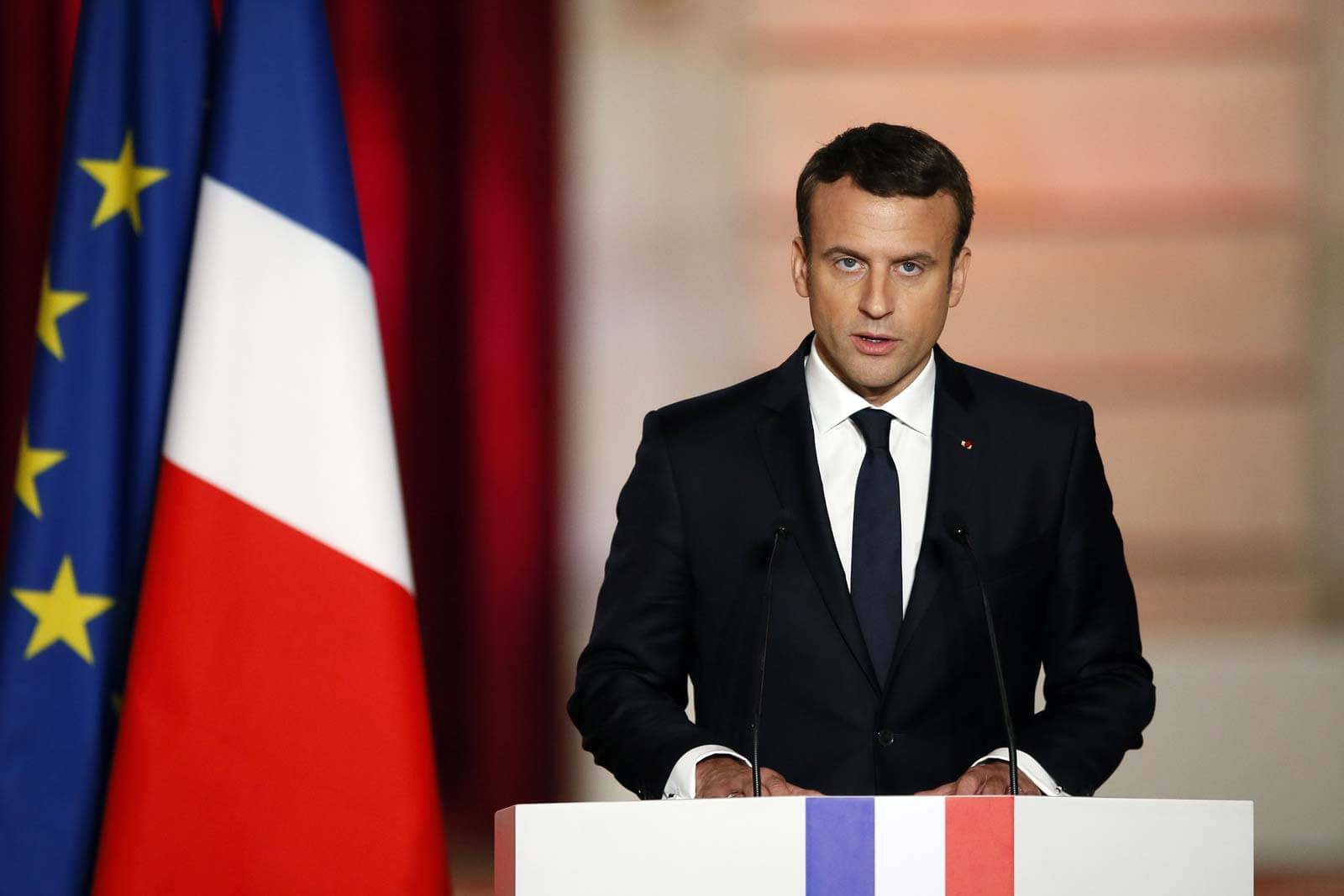French President Emmanuel Macron will host world leaders and diplomats in Paris on Friday for an international conference on Libya ahead of the North African country’s elections in December. Macron wants to ensure that Libya conducts the elections as planned to start a new chapter.
The presidential and legislative elections in Libya were initially scheduled for December 24. However, in October, the parliament pushed the legislative elections until January despite world leaders wanting to hold both polls simultaneously. The elections are a key component of the United Nations’ (UN) plan to restore peace and stability in the hydrocarbon-rich country. Earlier this week, Libya started registration for electoral candidates. It has been reported that eastern strongman Khalifa Haftar and former dictator Muammar Gaddafi’s son, Saif al-Islam, could submit presidential bids.
However, the rising dispute between different regional groups is threatening the smooth conduct of polls. The fear of whether or not various regional groups will recognise the results of the elections also looms large.
A French presidential official, who wished to remain anonymous, said, “The elections are within grasp. There is a strong momentum in Libya for them to go ahead. The stability of the country is at stake.”
Moreover, Macron wants to use Friday’s conference to endorse a plan ensuring the departure of all foreign forces and mercenaries from Libya. Turkey has previously sent troops and militia units from Syria to uphold the Tripoli government. Russia has also been blamed for creating instability by stationing mercenaries in the country.
Against this tense backdrop, the Élysée Palace has struggled to present the conference as a joint effort by France, Libya, Germany, Italy, and the UN. The Libyan elections come with high stakes for Macron, who is expecting to seek re-election in France’s presidential election next April.
Some of the important figures expected to attend the conference include United States (US) Vice President Kamala Harris and Egyptian President Abdel Fattah al-Sisi. Harris is currently on a trip to France to rebuild ties with the country after a fallout over the AUKUS military partnership between Australia, the US, and the United Kingdom. On the other hand, Egypt is one of France’s closest allies in the Middle East. Russian Foreign Minister Sergei Lavrov and Turkish Deputy Foreign Minister Sedat Onal are also expected to attend the conference.
Libya will be represented by Prime Minister Abdul Hamid Dbeibeh and the head of the transitional presidential council, Mohamed al-Menfi. Local Libyan media has reported that Foreign Minister Najla al-Mangoush will accompany the duo. Meanwhile, Algerian President Abdelmadjid Tebboune has decided to skip the conference after Macron criticised the nation’s political and military system. However, after the Élysée Palace expressed remorse over the remark, Algerian officials confirmed their attendance, though Tebboune will still be absent.
Libya has been a victim of civil war since dictator Muammar Gaddafi was overthrown in the 2011 uprising, which turned into bloodshed with Islamist groups, Libyan factions, and other regional actors competing for power. In recent years, rival administrations backed by foreign powers and myriad militias have laid claim to the oil-rich country. While Turkey and Qatar support the UN-recognised Government of National Accord (GNA), Egypt, Russia, France, and the United Arab Emirates (UAE) support Khalifa Haftar’s Libyan National Army (LNA). An interim government was established earlier this year to ensure the smooth conduct of polls after the two rival camps signed a ceasefire agreement in October last year in Geneva.
Macron to Host International Conference on Libya Today Ahead of December Elections
French President Emmanuel Macron is hosting an international conference with officials from Libya, the US, Russia, Turkey, the UN, and Egypt to ensure Libya holds elections in December as planned.
November 12, 2021

French President Emmanuel Macron IMAGE SOURCE: DAILY NEWS EGYPT
